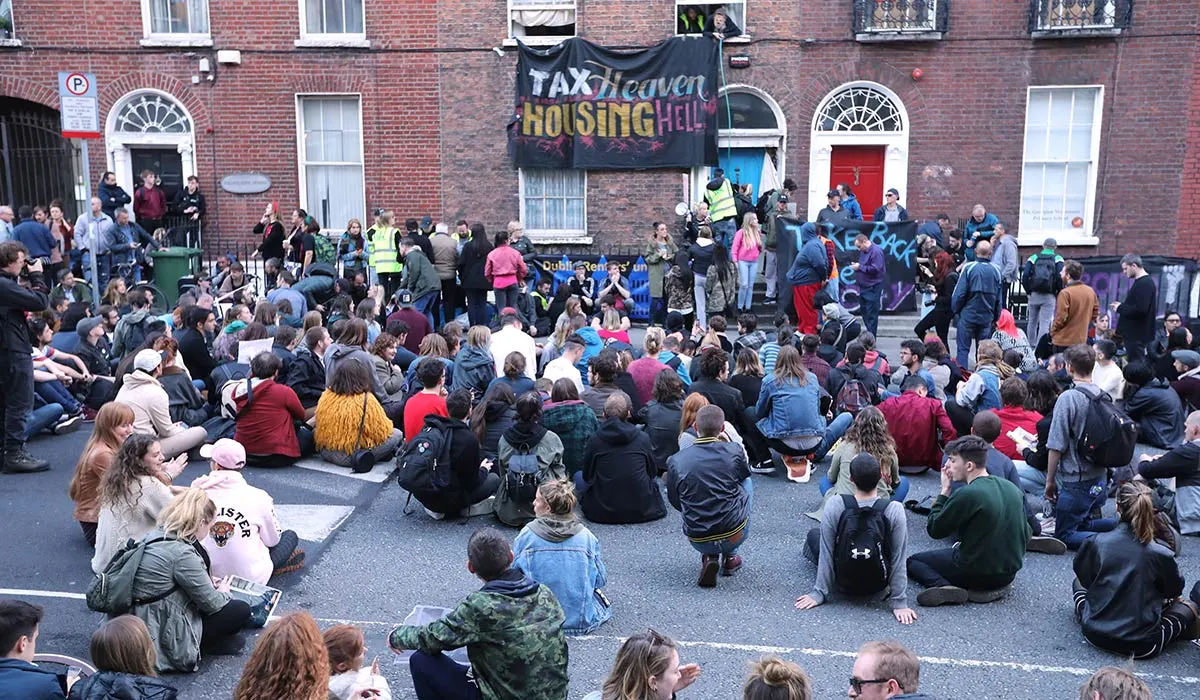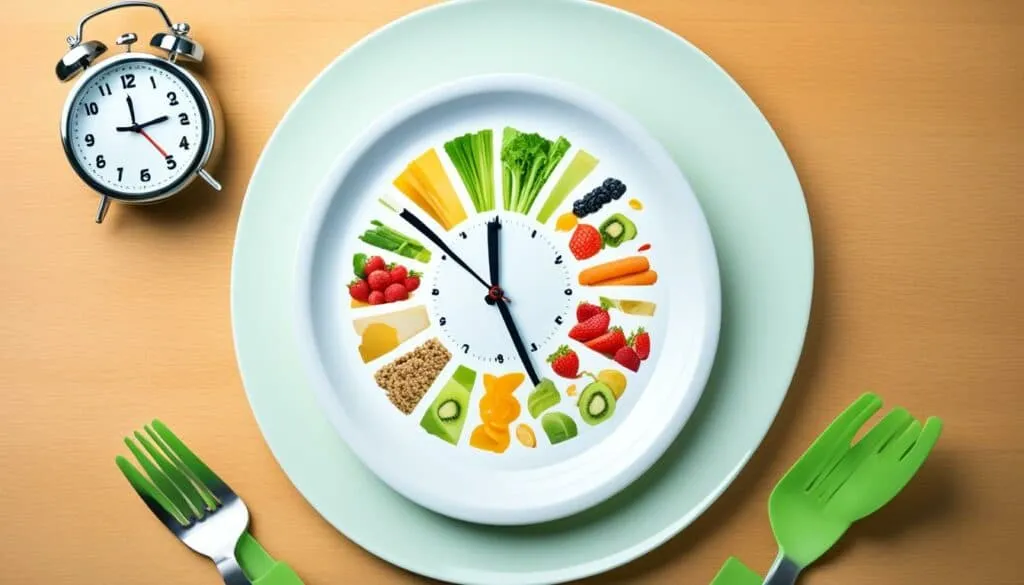The UK retail market saw a remarkable shift in January 2025, largely driven by health food trends, bolstered by social media influence. This uptick, reported by Barclays, marked the highest increase in credit and debit card spending since March 2024, with a growth of 1.9% year-on-year. This surge in consumer spending came after a relatively tough period for retailers, particularly during the “golden quarter” of October to December, where many high-street stores struggled. Despite economic pressures, the rise in sales of health and beauty products provided a much-needed boost to retail, suggesting that social media has a growing influence on consumer behavior.
According to Barclays, discretionary spending on health and beauty products rose by an impressive 10.7% in January, the highest growth rate for the sector in over three years. This surge can largely be attributed to the increasing impact of influencers and social media content on consumers’ purchasing decisions. Health-related trends such as food supplements, vitamins, and high-protein foods were particularly popular, with one in five consumers (19%) reporting they had been influenced by social media to make a purchase in these categories. The figure was even higher for Gen Z, at 40%. This shows the power of influencers and social media platforms in shaping consumer preferences and purchasing habits, especially when it comes to wellness-related products.
Health food trends, in particular, have become a major driver for both online and in-store sales. Consumers are increasingly looking to wellness products to boost their physical well-being, with food supplements and protein-based foods seeing significant sales increases. This shift in consumer behavior is not only benefiting online retailers but also brick-and-mortar stores that have embraced these health trends. The sustained interest in health products is expected to continue, as more consumers embrace a wellness-focused lifestyle, with social media playing a central role in spreading awareness of new health food trends.
Furthermore, the rise in health-related retail sales was not limited to food and beauty. The British Retail Consortium (BRC) also reported that sales in cinemas and entertainment venues rose significantly in January. With an 8.1% increase in year-on-year sales and cinema revenues up by 15.1%, entertainment options like family-friendly films such as Mufasa: The Lion King and Sonic the Hedgehog 3 also saw positive results. This indicates a broader consumer interest in health and entertainment-related purchases, not just food and beauty products.
Despite these positive results, challenges persist in the retail sector, with uncertainty about the economy, high-interest rates, and rising costs creating a difficult environment for many retailers. While the immediate boost in consumer spending from health trends provided a much-needed reprieve for the industry, retailers remain cautious. The BRC pointed out that although retail sales showed an increase in January, this did not offset the poor performance during the holiday season. The long-term outlook for retail remains uncertain, as higher taxes, wage increases, and inflation continue to pressure both consumers and businesses.
The issue of rising employment taxes and wages is expected to impact retailers further in April, as higher minimum wages and taxes announced in the October budget take effect. Marks & Spencer recently warned that these additional costs could lead to job losses and increased prices, which would further challenge the already strained retail market. While the immediate boost in sales is encouraging, many retailers fear that the additional financial pressures in the coming months may offset any gains made at the start of the year.
Looking ahead, the retail sector is anticipating further shifts, with Barclays predicting that a decrease in interest rates later in the year could boost consumer spending. However, the Bank of England’s forecast for inflation to peak at 3.7% in the autumn could dampen the effects of lower interest rates. In light of this, retailers must continue to navigate a challenging landscape, balancing rising costs with the demand for products that have been influenced by social media trends.
One of the key factors in this shift is the continued prominence of social media in shaping purchasing habits. Health and beauty trends are thriving thanks to platforms like Instagram, TikTok, and YouTube, where influencers play a significant role in introducing new products and trends to millions of consumers. Social media’s power to spark purchasing decisions is more evident than ever, as consumers look to influencers for advice on everything from fitness routines to nutritional supplements.
This trend is not just limited to young, tech-savvy consumers. Although 40% of Gen Z consumers report making health or beauty purchases based on social media recommendations, the influence of these platforms has spread across age groups, with 19% of all consumers engaging with social media content that inspires health-related purchases. As wellness trends gain momentum, this shift in consumer behavior is expected to continue, driving future growth in the health and beauty sectors.
In the food and beverage sector, trends such as plant-based diets, high-protein foods, and organic supplements are increasingly influencing consumer decisions. Health-conscious consumers are turning to these products in an effort to improve their overall well-being, leading to higher demand for health supplements, protein bars, and other wellness foods. Food retailers are responding by expanding their product offerings to meet this growing demand, ensuring that they remain competitive in a market that is increasingly focused on health and wellness.
In conclusion, the health food trend, driven by social media influence, has played a pivotal role in the resurgence of UK retail sales in January 2025. The positive growth in health and beauty product sales, alongside an increase in consumer interest in wellness trends, offers hope for retailers after a difficult festive period. However, the road ahead remains uncertain, with rising costs, economic uncertainty, and inflation posing ongoing challenges for the retail sector. Retailers will need to remain agile, adapting to evolving consumer preferences while managing the financial pressures that come with the current economic climate. As health trends continue to shape consumer behavior, the retail sector will need to invest in innovation and maintain a focus on offering products that meet the growing demand for wellness-focused solutions.























